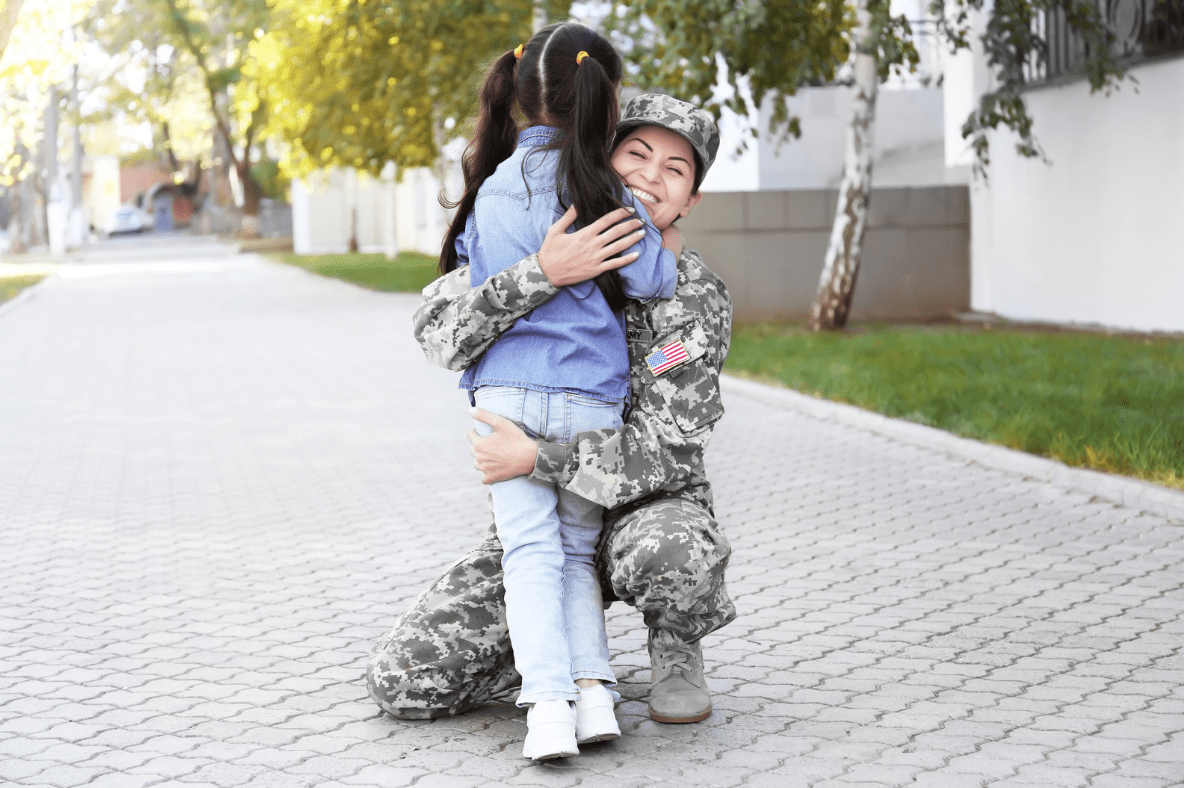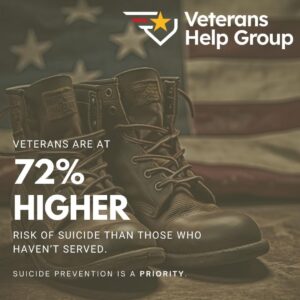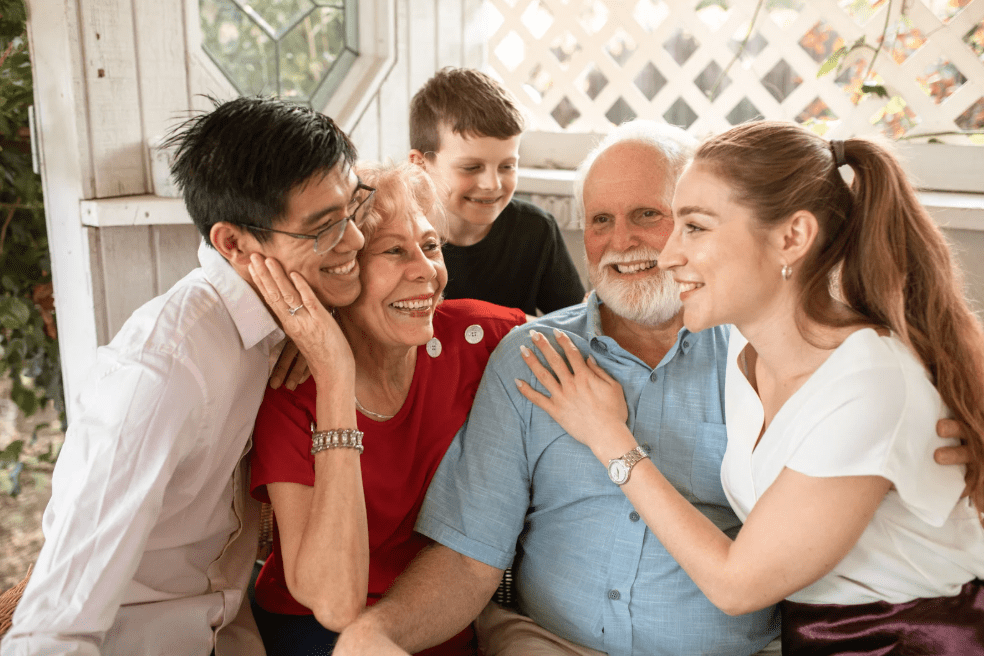
Table Of Contents
Understanding Depression in Female Veterans
What is Depression?
Major depressive disorder, commonly known as depression, is a serious mood disorder that affects how individuals feel, think, and manage daily tasks, including sleeping, eating, and working. Symptoms of depression go beyond occasional sadness or moodiness, presenting in a more severe and enduring way.
To be diagnosed, individuals must experience several of these symptoms most of the day, nearly every day, for at least two weeks:
- Persistent sad, anxious, or “empty” feelings
- Hopelessness or pessimism
- Irritability
- Feelings of guilt, worthlessness, or helplessness
- Loss of interest in hobbies and activities once enjoyed
- Low energy or fatigue
- Slower movements or speech
- Restlessness or difficulty sitting still
- Challenges with concentration, memory, or decision-making
- Sleep disturbances, such as insomnia, early waking, or oversleeping
- Changes in appetite or weight
- Suicidal thoughts or attempts
- Physical symptoms, including headaches, cramps, or digestive issues without a clear cause
Depression Among Female Veterans
Research shows that depression is the second most common health issue among female veterans, with rates significantly higher than those found in male veterans.
Causes of Depression in Female Veterans
The Service Women’s Action Network (SWAN) has researched how military service affects female soldiers, particularly when serving in smaller teams within combat zones. This setup can bring unique stresses in addition to the standard challenges of combat.
Female service members may be placed in isolated locations with heavy combat exposure, away from their typical support networks. Even on base, they may struggle to relax or feel safe, partly due to the risks of military sexual trauma.
SWAN has recommended strengthening support networks for female service members and veterans to address these mental health challenges. One of the most effective support channels is the VA healthcare system. Studies have shown that female veterans who receive VA health services are less likely to die by suicide.

Accessing Care for Depression
Although female veterans experience depression at higher rates than male veterans, they are more likely to receive adequate care and report symptom improvement. Research shows that 57% of female veterans initially identified with depression receive treatment, compared to only 39% of male veterans.
Adequate care is defined by meeting either of these criteria:
- At least four visits with a mental health specialist within six months of a depression diagnosis.
- Taking prescribed medication consistently—at least 26 days in the past month, or more than 25 days monthly across three consecutive months in a six-month period.
Supporting Veterans
Since 1995, Veterans Help Group has been dedicated to assisting veterans in obtaining the benefits they deserve. If you or a loved one has served in the military and struggles with depression, support is available.
Call Veterans Help Group at 855-855-8992 or complete our free veterans benefits case evaluation form for assistance here.
Read More:

Veterans Help Group Serving Our Community
Veterans Help Group Serving Our Community By Bobbi Boudi, Director of Community Outreach & Amy...

How Much Back Pay Will You Receive?
What is VA Disability Back Pay? VA disability back pay is payment for benefits the veteran was...

Your Guide to VA Ratings: Sleep Apnea
Your Guide to VA Ratings: Sleep Apnea Sleep apnea can be a serious condition that may impact...





